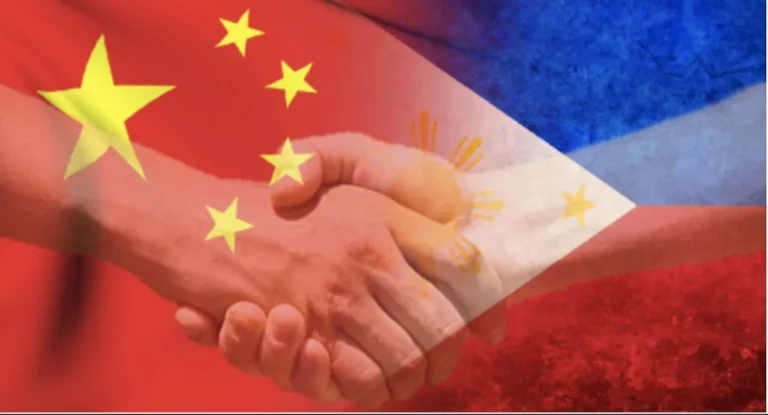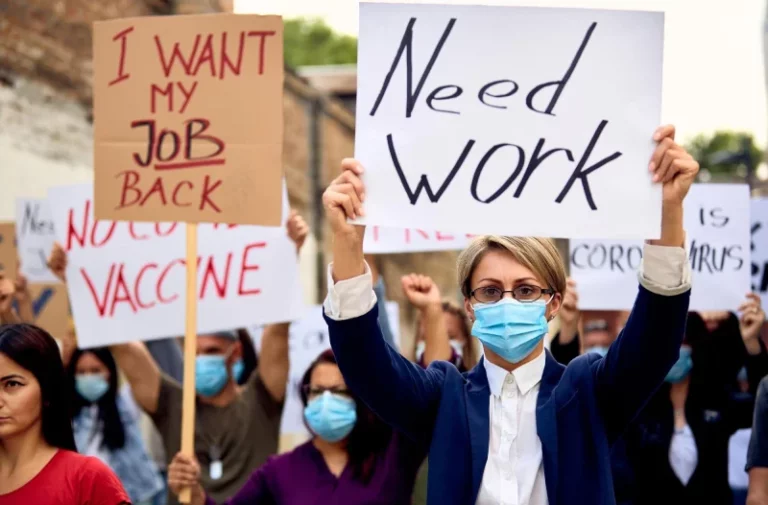The Dominican Republic faces a challenge in renegotiating rice tariffs within the framework of the Dominican Republic-Central American Free Trade Agreement (DR-CAFTA). The agreement has been essential in boosting trade among its member countries; however, the upcoming tariff reductions on rice imports could threaten the Dominican Republic’s rice industry.
Impacts on Dominican economy
The tariff reduction on rice imports from the United States, scheduled for 2025, could lead to cheaper imported rice in the Dominican Republic, potentially displacing local rice producers. Rice is a significant staple in the Dominican diet, and the industry employs thousands in the country’s rural areas. The economic impact of tariff reductions on the rice industry could lead to job losses and affect the livelihoods of many Dominicans.
Reducing pressure on the rice sector
My suggestion to the experts on how to do a good lobbying to reduce pressure on the rice sector: the Dominican Republic could explore various instruments provided by the DR-CAFTA agreement. Although the World Trade Organization (WTO) prohibits agricultural subsidies, developed countries like the United States and Europe continue to apply them.
The Dominican Republic could consider implementing similar measures to protect its rice industry. Additionally, the government could invest in improving agricultural productivity and modernizing the sector to enhance competitiveness against imports.
By understanding the mechanisms and justifications used by these countries, the Dominican Republic may be able to develop a case for implementing similar subsidies or protectionist measures to safeguard its rice industry from the consequences of tariff reductions.
Fair trade practices
The Dominican Republic can use the examples of agricultural subsidies in developed countries as a basis to argue for fair trade practices. By highlighting the inherent unfairness in the global trading system, the Dominican Republic can build a case for renegotiating the tariff reductions or implementing alternative measures to protect its domestic rice industry.
And here I point out a secret token, the United States Farm Bill which encompasses a broad range of agricultural and food policies, including subsidies for domestic farmers. The Dominican Republic can point to the financial support provided to U.S. farmers and argue that such subsidies create unfair advantages for American agricultural products in the global market. This could be used as a basis for renegotiating tariff reductions on rice imports or implementing alternative measures to protect the Dominican Republic’s domestic rice industry.
Farm Bill
Let me explain, the Farm Bill includes provisions for direct payments and counter-cyclical payments to farmers. These payments help stabilize farm incomes and protect farmers from fluctuations in crop prices. The Dominican Republic can argue that these subsidies give U.S. farmers an unfair advantage over their counterparts in developing countries, who often lack access to similar support systems. This disparity can be used as a basis for renegotiating the tariff reductions on rice imports or implementing alternative protective measures.
The Farm Bill also provides subsidized crop insurance to U.S. farmers, covering a portion of their losses in case of natural disasters or low crop prices. The Dominican Republic can point out that such insurance programs give American farmers a safety net unavailable to farmers in developing countries. This discrepancy can be used to argue for a review of the current tariff reduction schedule or the adoption of alternative protective measures for the Dominican Republic’s rice industry.
The Dominican Republic can emphasize that the United States’ agricultural subsidies have been a contentious issue in global trade negotiations, with many developing countries calling for a reduction or elimination of these subsidies to level the playing field.
By pointing to the ongoing debate surrounding the Farm Bill and its impact on global agricultural trade, the Dominican Republic can strengthen its case for renegotiating the scheduled tariff reductions on rice imports or implementing alternative protective measures.
Addressing the unfair advantages created by agricultural subsidies, such as those found in the United States Farm Bill, can help solve the situation faced by the Dominican Republic’s rice industry in several ways. By renegotiating the tariff reductions or implementing alternative protective measures, the Dominican Republic can create a more level playing field for its domestic rice producers. This can help prevent cheap, subsidized American rice from flooding the market and displacing local rice farmers, thereby ensuring that Dominican rice producers can compete fairly with their U.S. counterparts.
Also, protecting the domestic rice industry is crucial for maintaining food security in the Dominican Republic. By addressing the unfair advantages created by agricultural subsidies and advocating for fair trade practices, the Dominican Republic can safeguard its rice production and maintain self-sufficiency in this essential commodity.
Final thoughts
Addressing the issue of agricultural subsidies can encourage policy reforms at the international level. This may ultimately result in a reduction or elimination of unfair agricultural subsidies, contributing to a more equitable and sustainable global trading system.
Also, addressing the unfair advantages created by agricultural subsidies, such as those found in the United States Farm Bill, can help solve the situation faced by the Dominican Republic’s rice industry.
By advocating for fair trade practices, renegotiating tariff reductions, or implementing alternative protective measures, the Dominican Republic can create a more equitable trading environment that supports its domestic rice industry, ensures food security, and promotes the well-being of its rural communities.


















